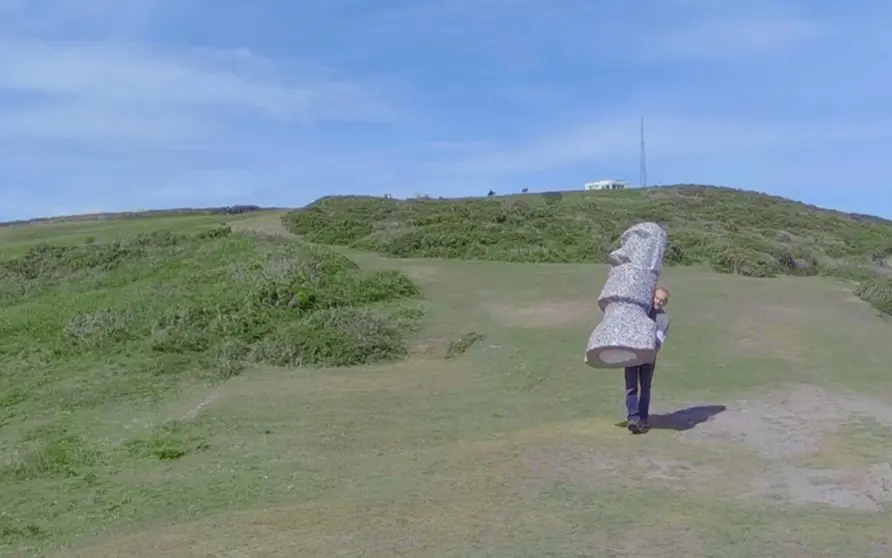Key definitions
Character education is, as the DfE’s non-statutory character education framework suggests, a key feature of many excellent schools, whether they are actively embedding a character development programme or not. Arguably, helping to develop a young person’s character is something that motivated many of us to join the profession.
After all, in addition to our love for our subject or our desire to work with young people, teachers are in the privileged position of helping to nurture a young person to become the best version of themselves that they can be.
Character education goes beyond simply the pursuit of a rigorous academic education; it asks us to help a young person become a moral and well-rounded individual. The Jubilee Centre, ’a pioneering interdisciplinary research centre focussing on character, virtues and values in the interest of human flourishing’ identifies the ‘building blocks’ of character education in schools as ‘intellectual, civic, performance and moral virtues’ that will help students to become ‘flourishing individuals in society’.

Why does it matter to schools?
Helping a young person to flourish is part and parcel of what teachers do. But beyond our own moral obligation to do so, there are lots of reasons why schools should engage with character education. First of all, it’s integral to the Teachers’ Standards which ask us to encourage and model respectful behaviour as well as promoting ‘fundamental British values’.
In addition to this, nurturing a young person’s character and encouraging them to be a respectful, responsible and moral individual also falls under our duty to provide social, moral, spiritual and cultural education (SMSC) as well as supporting them to nurture healthy relationships, a key feature of the 2019 statutory RSE framework.
But beyond our statutory responsibilities, character education can, and does, support academic education too. After all, a young person cannot improve on their work without being resilient.
Nor could they successfully participate in a group presentation or performance without being an effective communicator, adept at conflict resolution. Developing character develops a young person’s ability to access and succeed in their learning.
Not only that, by helping a young person to develop positive character traits also prepares them for further education and the world of work. An overview of current research regarding jobs and automation compiled by Grace Jordan and Cecily Josten of The London School of Economics, shows that 47% of all jobs are at risk of being automated.
However, they highlight research which suggests that jobs that involve ‘people skills’ will be less likely to be automated. Thus, if we develop our young peoples’ character, we not only support their success whilst they’re at school but we also support their future opportunities too.

How can Lyfta support?
At Lyfta, all of our content and resources are mapped against 50 key skills and values. By visiting our storyworlds and watching our documentary films, we hope that every child will meet hundreds of inspiring human beings who model resilience, problem-solving and positive values - developing their ability to think critically and creatively.
Given that all of our storyworlds and documentary films cover positive values, teachers could select any one of them to explore character development with their young people. Nonetheless, it’s worth pointing out a few of our storyworlds that embody this aspect of education really effectively. First of all, our Beachcomber storyworld features Rob, who through his environmental ‘artivism’ displays resilience, integrity and determination.
Equally, two of our storyworlds from the Becoming Me series, a series of six storyworlds featuring young people of different faiths, embody the ideas of compassion and resilience; explore Compassion is Key and The Brave on the Pitch to see how you could broach these ideas with your students. Lastly, our Ethiopian storyworld series based in Awra Amba features nine different storyworlds which cover a range of skills and values.
Two storyworlds from this series which would be another great starting point for character development work include The Library, which explores conflict resolution, faith and peace, as well as The Visitor’s Centre which helps students to explore resilience and entrepreneurship.









